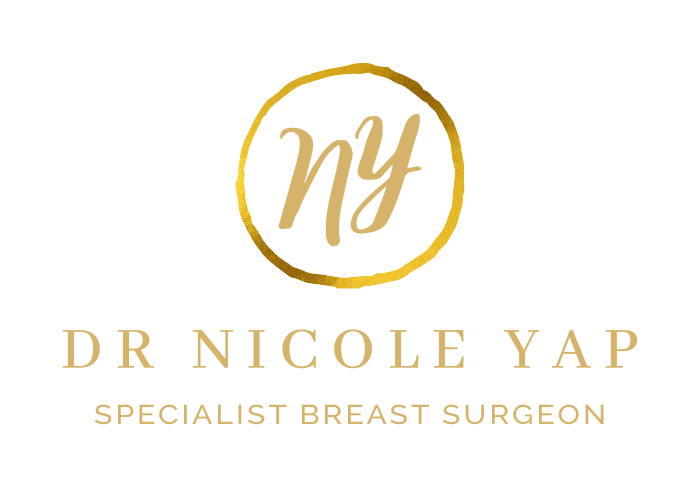On 5th December 2022, 7 NEWS spotlighted a groundbreaking development in the realm of preventative healthcare—a saliva test that predicts an individual’s medical future. With this innovative test, scientists can ascertain a patient’s likelihood of developing significant health conditions. Simon Morriss, an expert in the field, emphasized the transformative nature of this development, describing it as “one of the most amazing and exciting” advances that stands to redefine the future of preventative care.
The process involves extracting a person’s DNA from their saliva. Key factors such as age, family background, and comprehensive medical history are meticulously evaluated. The outcome is a detailed risk profile tailored for each individual. The prowess of this test doesn’t stop there. By harmonizing clinical risk determinants with the plethora of genetic markers identified, it positions itself as a pioneering solution in global healthcare—truly a game-changer, as Morriss aptly put it.
The real-world implications of this test are profound. Through consultation with their general practitioners, patients gain insights into their risk levels—be it low, moderate, or high. Specifically, the test can predict the onset of up to six conditions, encompassing ailments like coronary artery disease, type 2 diabetes, and several types of cancers, including breast, ovarian, colorectal, and prostate.
Dr. Nicole Yap, a staunch advocate for advanced medical solutions, voiced her support for the test. She emphasized the paramount importance of having diagnostic tools that transcend the limitations of relying solely on family history. The results of the GeneType test play a pivotal role in the medical sphere, particularly in singling out high-risk individuals who necessitate more frequent medical check-ups. As Dr. Yap succinctly stated, the primary objective is the early detection of conditions like breast cancer because “early diagnosis saves lives.”
While the current screening encompasses six conditions and is priced at $500, the horizon looks promising. The company is in the process of securing regulatory nods to include tests for pancreatic cancer, melanoma, and atrial fibrillation. Morriss elaborated on the essence of the GeneType test, underscoring its ability to pinpoint an individual’s risk in contrast to generic population-based metrics.
In sum, as Jackie Quist from 7 NEWS concluded, this is not just a test—it’s a potential life-saver. As we embrace the future of healthcare, tools like GeneType’s saliva test become indispensable allies in our quest for longer, healthier lives.
